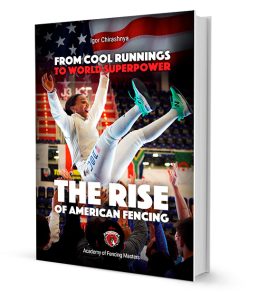Our ability to learn and grow is fundamentally tied to our ability to handle criticism effectively. Some people seem to be naturally born with this trait, while others seem to fundamentally struggle, even when the criticism is entirely accurate. For fencers, learning...








